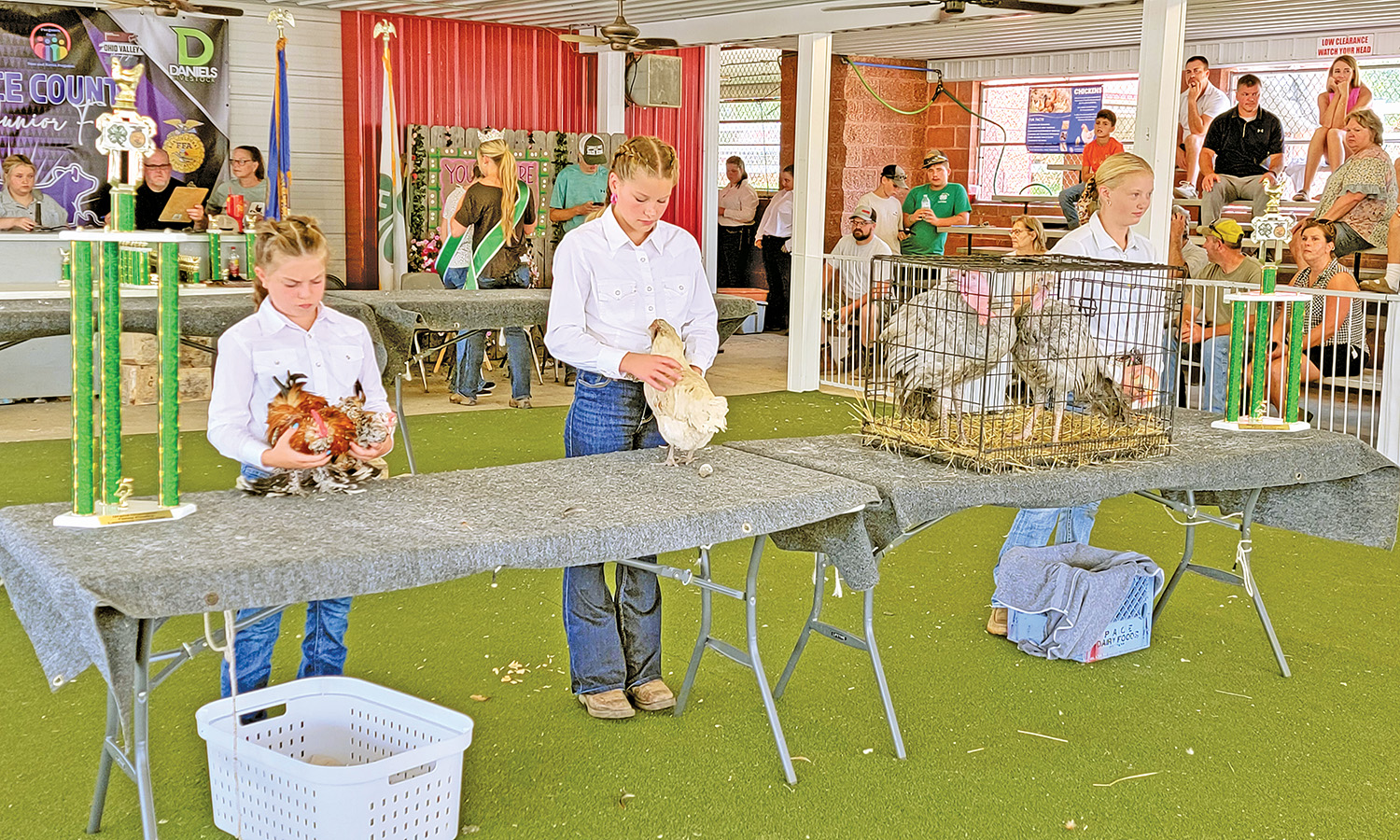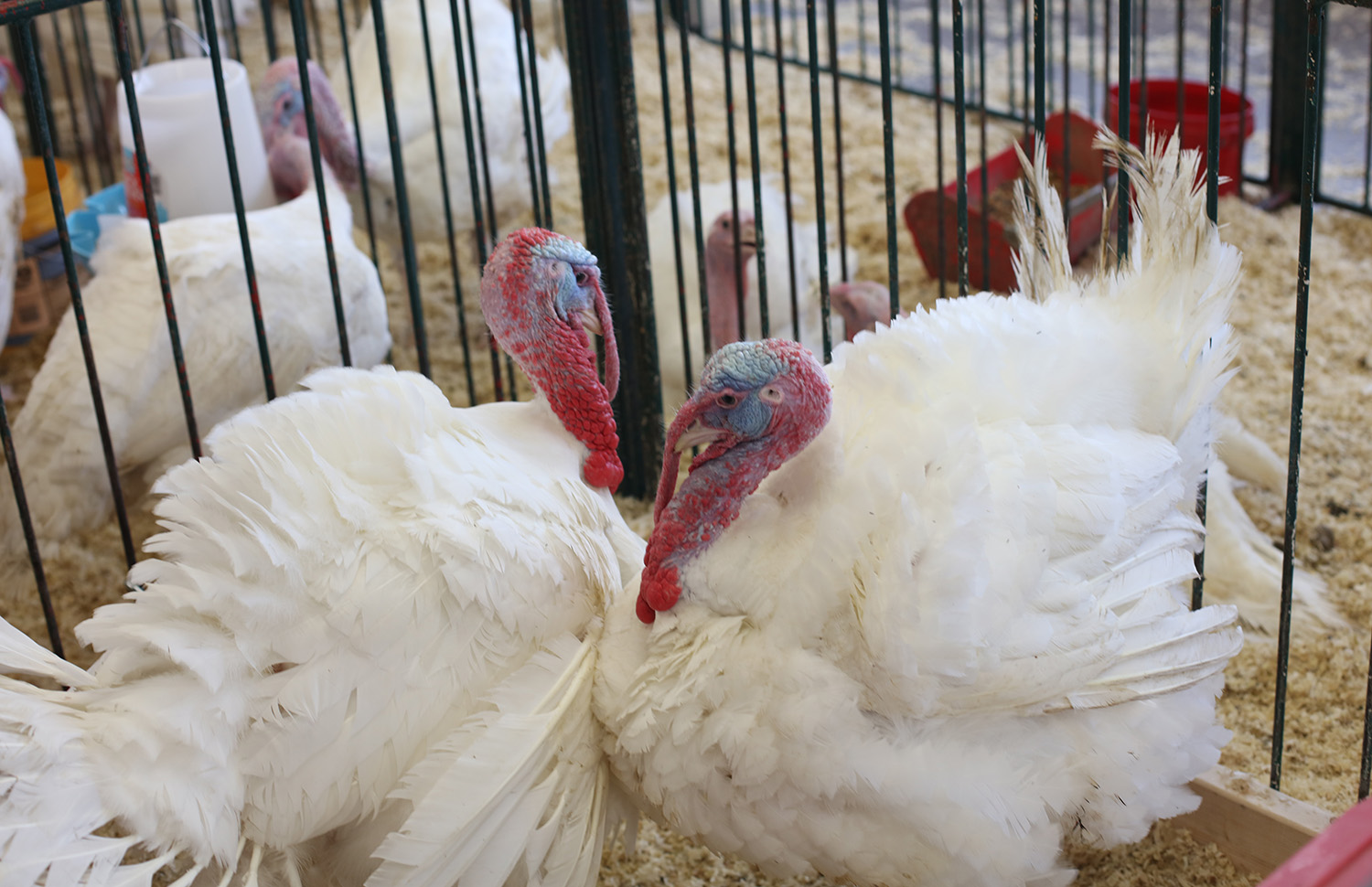Lions get #039;look#039; at Pilot Dogs training center
Published 12:00 am Tuesday, June 14, 2005
Ironton Lions Club members recently had the opportunity to see - or in this case not see - exactly where some of their hard-earned money goes.
Using funds earned during the Haunted Tunnel event last year, the Ironton Lions Club donated $7,300 to Pilot Dogs, Inc., to provide an animal guide for a sight-impaired individual. Members of the civic organization made good on a promise over the weekend to visit Pilot Dogs headquarters in Columbus to learn more about the organization and what it means to have a service animal.
The members were introduced to Peanut, a young Boxer breed dog in training, and her trainer, Pam Miller. Peanut and Miller conducted a tour and allowed the Lions to become "temporarily blinded" to experience for themselves what it means to use a pilot dog on the busy streets surrounding the complex.
Trending
"It was a humbling experience to be in a strange area, knowing that the traffic and hazards were real," Lions member Lou Pyles said. "To be guided to a curb and around obstacles by such an exceptional animal was a nearly overwhelming event."
Miller briefed the group on the history and mission of the organization.
Pilot Dogs, Inc. trains six breeds of dogs, including German shepherd, doberman pinscher, boxer, labrador retriever, golden retriever and standard poodle.
Training a pilot dog is a multi-step process, Miller said.
When a dog is about 8 weeks old, it's placed in the home of a volunteer puppy-raiser.
There the dog will be taught basic obedience and socialization.
Trending
When the dog is about 18 months old, it returns to Pilot Dog, Inc. and begins training with a sighted instructor.
When the dog passes its initial training, it is matched with a sight-impaired person.
The sight-impaired person and the dog then train together, on the Pilot Dog, Inc. campus, under the supervision of the sighted instructor, Miller explained.
The average working life of a pilot dog is about 7 – 8 years.
Retired pilot dogs may be kept as pets or returned to Pilot Dog, Inc. for adoption.
Lions Jan Wisenberger and Brent Pyles said they were also impressed.
"The training of the dogs and the dedication of the trainers and staff to provide this valuable service is fantastic.
A sighted person takes their ability to see for granted," Wisenberger said. "Without sight, you are robbed of one of your most important senses, and are vulnerable to the environment. The pilot dog enables a sight-impaired individual to partially bridge that loss."
Since Pilot Dogs is supported entirely by public contributions, Pyles said the Ironton Lions Club is proud to be a supporter.





